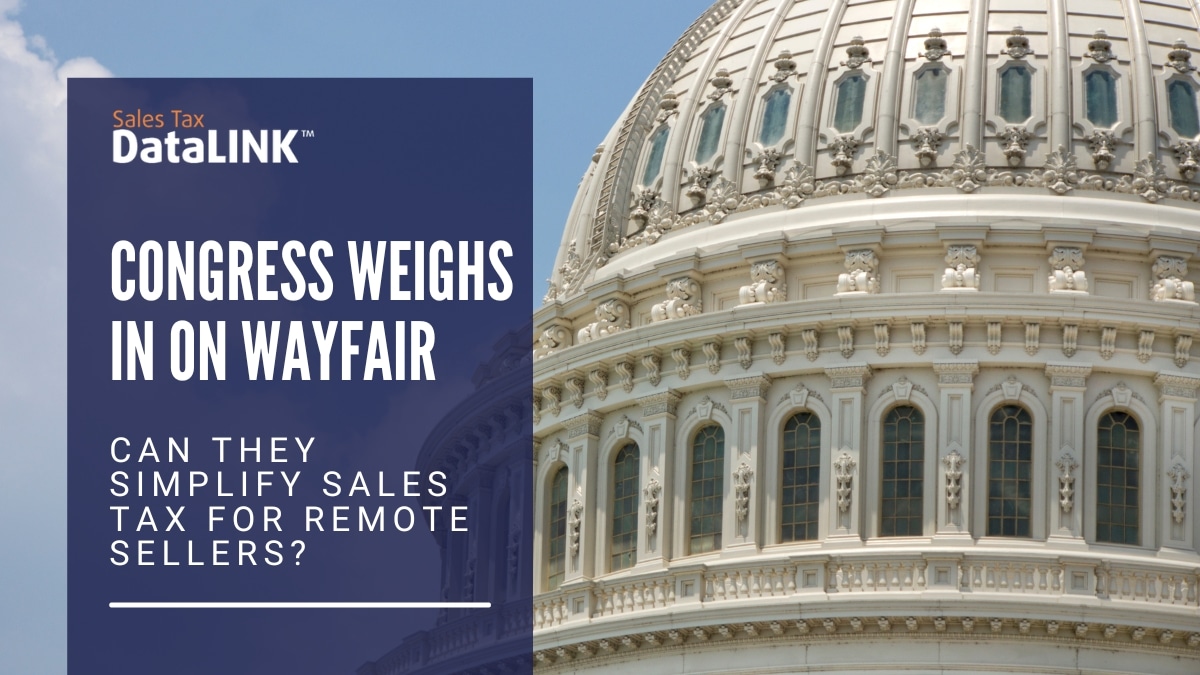Congress and the Wayfair Decision
Congress tried to come up with a plan for states to collect sales tax from remote sellers but was never able to accomplish this feat. Bills like the Marketplace Fairness Act were sold as ways to level the playing field between Amazon and Main Street shops, but they never passed in Congress.
Last year the Supreme Court stepped in, striking down the physical nexus requirements of Quill and allowing states to compel remote sellers to collect and remit sales tax. About 30 states have already come up with laws doing exactly that.
Naturally, there have been protests, confusion, and complications. Each state has specific concerns and there have been some unintended consequences — as in Colorado, where the remote sales tax collection laws exposed the widespread failure to comply among sellers in the state. Colorado small businesses protested that the remote seller law, designed to get extra revenue from companies out of state, would put them out of business. Turns out many of them had never figured out how to collect local sales taxes from their customers in other parts of the state. The Wayfair decision encouraged cities to collect their own sales tax from remote sellers, including companies within the states. Colorado’s complex sales tax system was too complicated for businesses in Colorado.
Texas, with more than 1500 taxing jurisdictions, got inspired to come up with an alternative local tax that all remote sellers could use for the entire state. SB 70 is a simple, straightforward bill, introduced last November and waiting for legislators to make a decision. If it works for Texas, it might inspire other states to follow suit. But trial and error, even if it’s sped up by learning from other states’ errors, could be a very lengthy process.
Can Congress simplify remote sales tax compliance?
One bill was introduced back in September of 2018: the Protecting Businesses from Burdensome Compliance Cost Act. Rep. Bob Gibbs re-introduced his bill
this month.
The main provisions of the bill include
- States can’t collect sales tax retroactively.
- States have to come up with a single sales tax rate.
- This rate can’t be higher than the highest current combined tax rate (state plus local) in the state.
- Sales taxes must be remitted to just one place in the state.
- The taxability of items must be uniform across the state.
- Companies with physical nexus will not have to change the way they handle sales tax.
- The “start date” for sales tax collection can’t be earlier than 1/1/2019.
This set of rules would eliminate a lot of the nightmare scenarios for post-Quill sales tax. Individual states will still have plenty of leeway. No specific sales amounts are specified for a threshhold. Read the full text of the bill.




